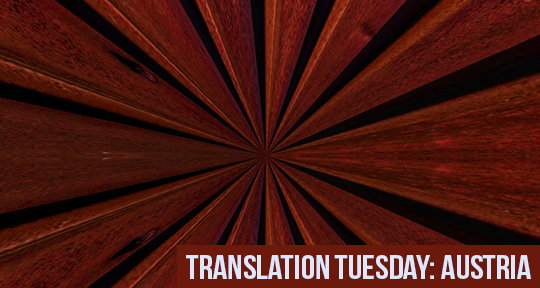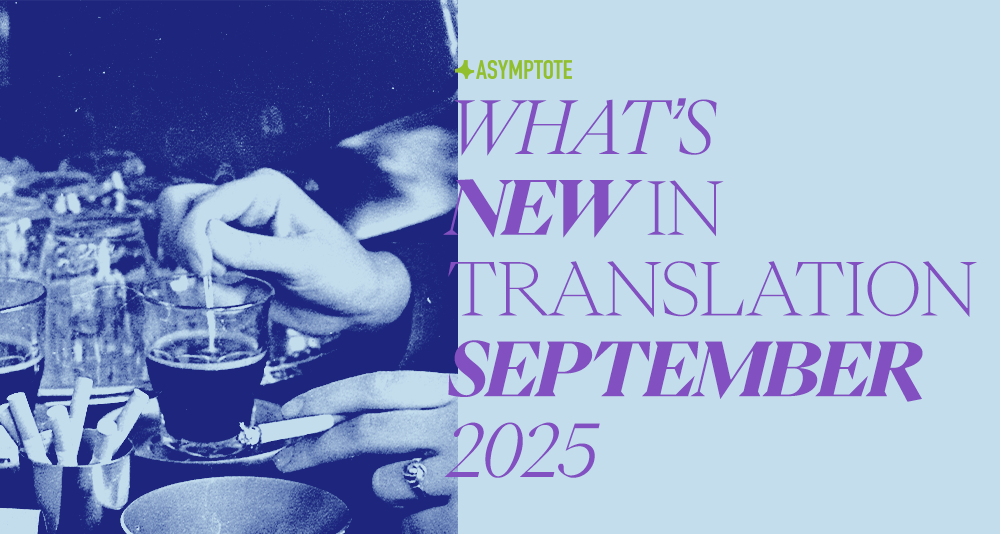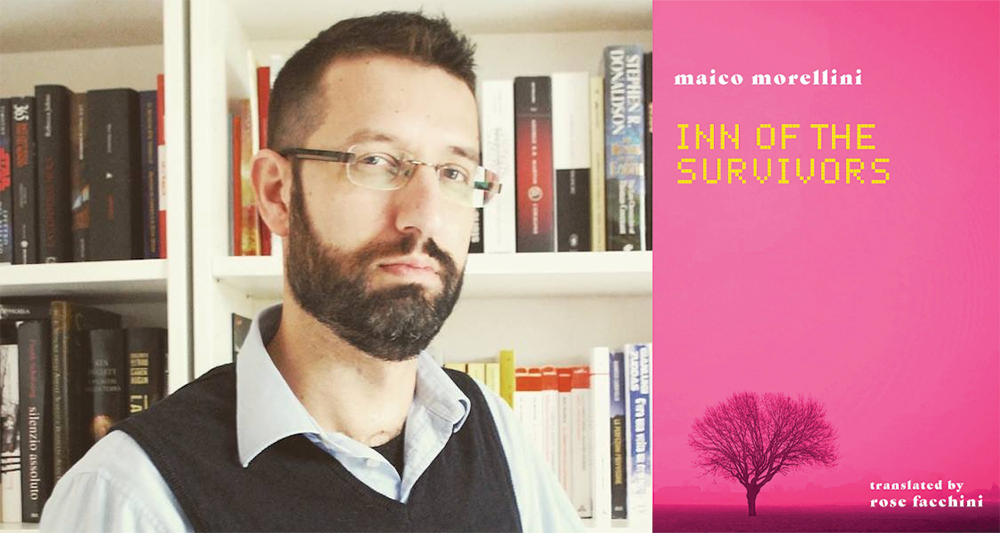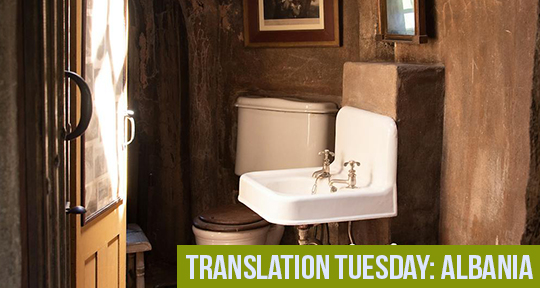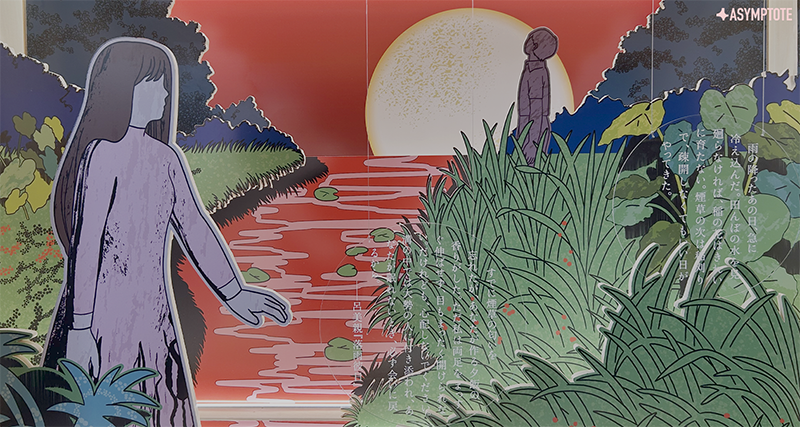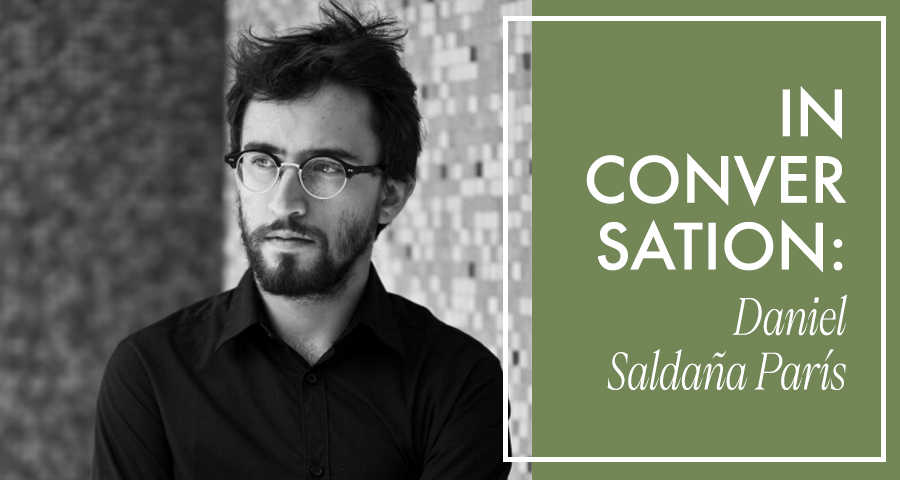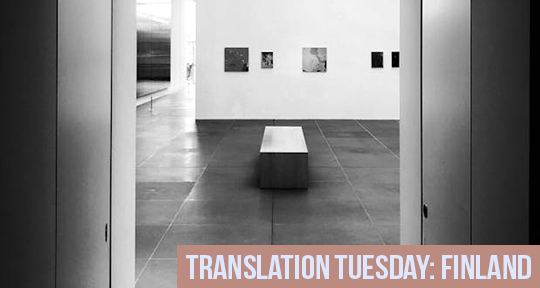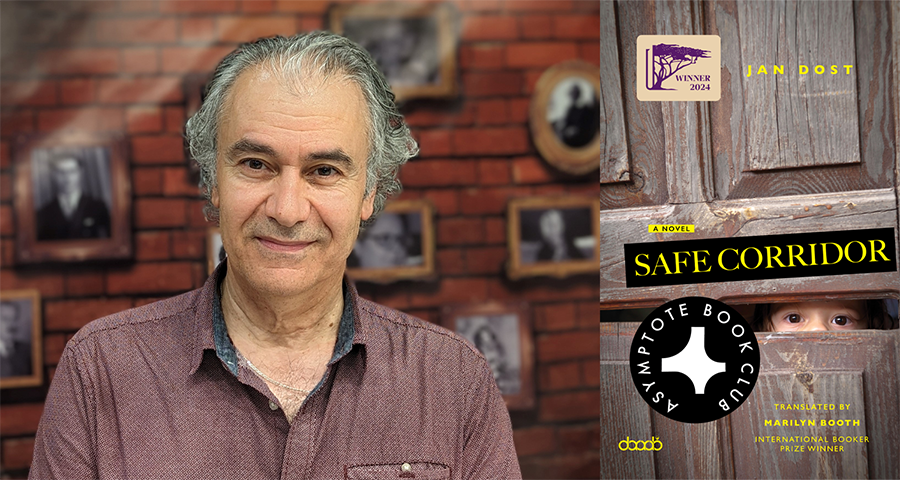For this week’s Translation Tuesday, we bring you a trenchant sequence of six poems by Austrian poet Liesl Ujvary, translated from the German by Ann Cotten and Anna-Isabella Dinwoodie. In our current information-saturated age, the very nature of truth has become the central battleground, and Ujvary’s poems lucidly illustrate this. Each poem uses the deceptively plain language of logical exercises to dissect the mechanisms of modern discourse—where topics such as art, human relationships, and science are often filtered through the lenses of capitalism and politics. They expose how a passionately held conviction can be systematically inverted, and how the dialectical process is routinely weaponized into pure propaganda. The result is an ominous portrait of “doublethink,” where contradictory narratives coexist and simplicity masks manipulation. Entertaining yet chilling, this collection of poems distills the essence of the “fake news” era.
this is better
democracy is better than dictatorship
butter is better than margarine
schools are better than military training camps
sex is better than booze
humans are better than computers
houses are better than barracks
poems are better than advertisements
students are better than cops
truth is better than lies

